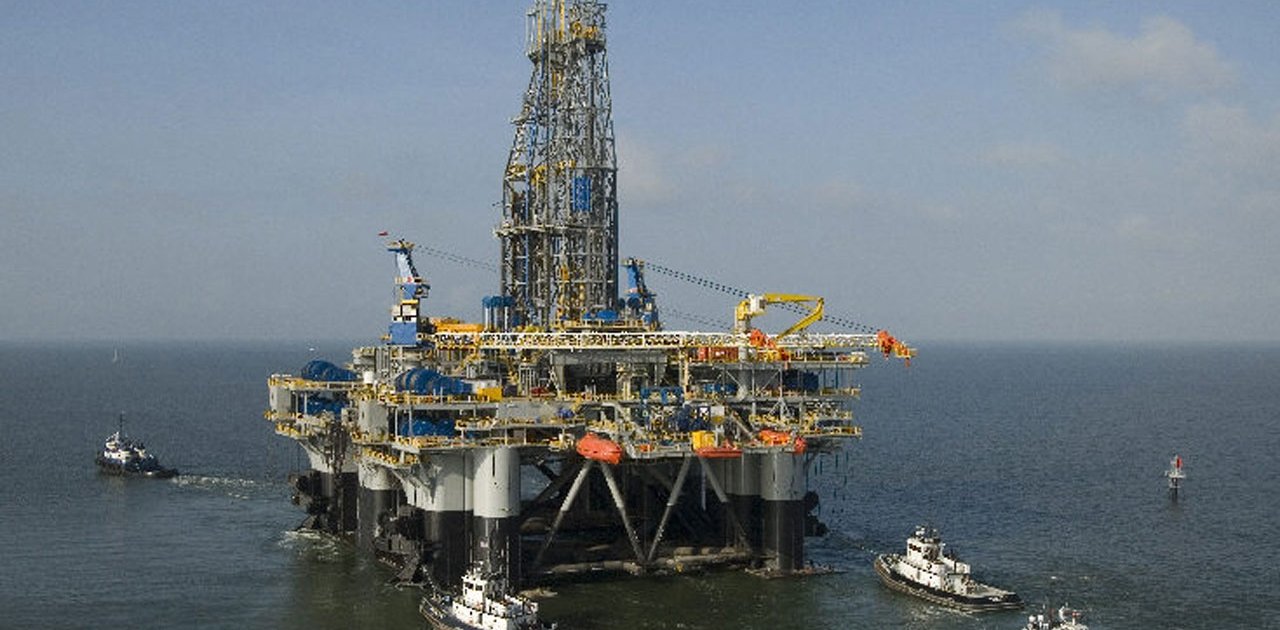How are Nigeria’s trading and political relationships changing?
How are Nigeria’s political relationships changing?
Nigeria has strong trading relationships with Africa and the rest of the world:
- Nigeria was an integral part of the British Empire, meaning political and trade connections were primarily with the UK and other Empire members.
- After independence in 1960, Nigeria has remained a part of the Commonwealth, maintaining its robust ties with the UK while expanding its relations with other regions, notably Africa, Asia, and the USA.
- Nigeria holds a prominent political position within Africa, contributing significantly to economic planning through the African Union and participating actively in peacekeeping initiatives under the United Nations.
- Nigeria’s relations with China are on the rise, with the country reaping the benefits of increased investment, a prime example being the US$12 billion funding for a new 1,400-kilometre railway project.
How are Nigeria’s trading relationships changing?
- Nigeria primarily imports refined petroleum products from the European Union and the USA, automobiles from Brazil, mobile devices from China, and essential food grains like rice and wheat. Most of these imports originate from China, the USA, and the EU.
- Nearly half of Nigeria’s exports are to the EU, comprising commodities like crude oil, natural gas, rubber, cotton, and cocoa. Most of Nigeria’s crude oil arrives in India, China, Japan, and South Korea. Around 30 per cent of Nigeria’s cotton is shipped to Australia and 15 per cent to Indonesia. Meanwhile, cocoa is exported to Barbados for processing.
- Nigeria is a member of multiple trade associations, such as the Economic Community of West African States (ECOWAS), which has its headquarters in Abuja, and the Organization of the Petroleum Exporting Countries (OPEC).
What relationship did Nigeria have with Britain?
Trade between Britain and West Africa has occurred for over 300 years. Britain traded enslaved African people, taking them to America and the Caribbean. Following the abolition of slavery in 1807, the trade turned to palm oil, used in Britain to make soap.
During the 1800s, Nigeria and much of Africa were part of the British Empire. Nigeria became independent in 1960. By this time, the trade relationship had become one where raw materials were exported to Britain, and Nigeria imported manufactured goods.
How are Nigeria’s trade relationships changing?
Despite still trading with the UK, Nigeria now conducts most of its trade with some of the world’s largest economies, including the EU, USA and India. Since becoming independent, oil has become Nigeria’s main natural commodity export. However, the country still imports manufactured goods such as chemicals and machinery.
The diagram below shows Nigeria’s main exports in 2017, according to the OEC.
The destination of these exports is shown below.
Nigeria’s main imports are displayed below:
Nigeria’s imports originate from:
What influence does China have on Nigeria’s economy?
As you can see from the diagram above, China is Nigeria’s leading import partner. China’s influence does not stop here; it has invested heavily in Nigeria. An example of investment in Nigeria by China includes the construction of the 1400km coastal railway. However, China also benefits from the developing relationship. China is investing $10 billion into exploring and drilling in a new oilfield in Nigeria to meet the significant demand for resources.
Related Topics
Use the images below to explore related GeoTopics.



